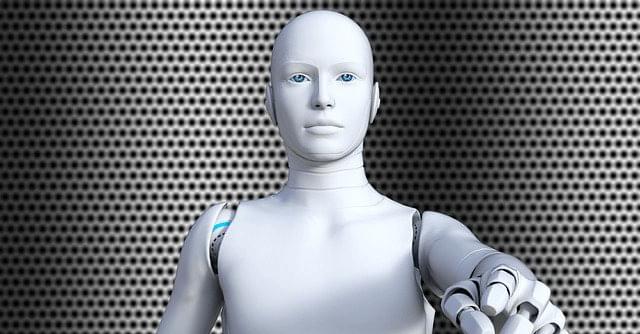Artificial Intelligence (AI) can perform preventive healthcare activities such as health screening, routine check-up and vaccination with expert-level accuracy that can turn out to be cost-effective in the long run. Yet, a new research found that individuals show less trust in preventive care interventions suggested by AI than when the same interventions are prompted by human health experts.
The researchers at Nanyang Technological University (NTU) Singapore studied 15,000 users of a health mobile application and found that emphasising the involvement of a human health expert in an AI-suggested intervention could improve its acceptance and effectiveness.
These findings suggest that the human element remains important even as the healthcare sector increasingly adopts AI to screen, diagnose and treat patients more efficiently. The findings could also contribute to the design of more effective AI-prompted preventive care interventions, said the researchers.










Comments are closed.